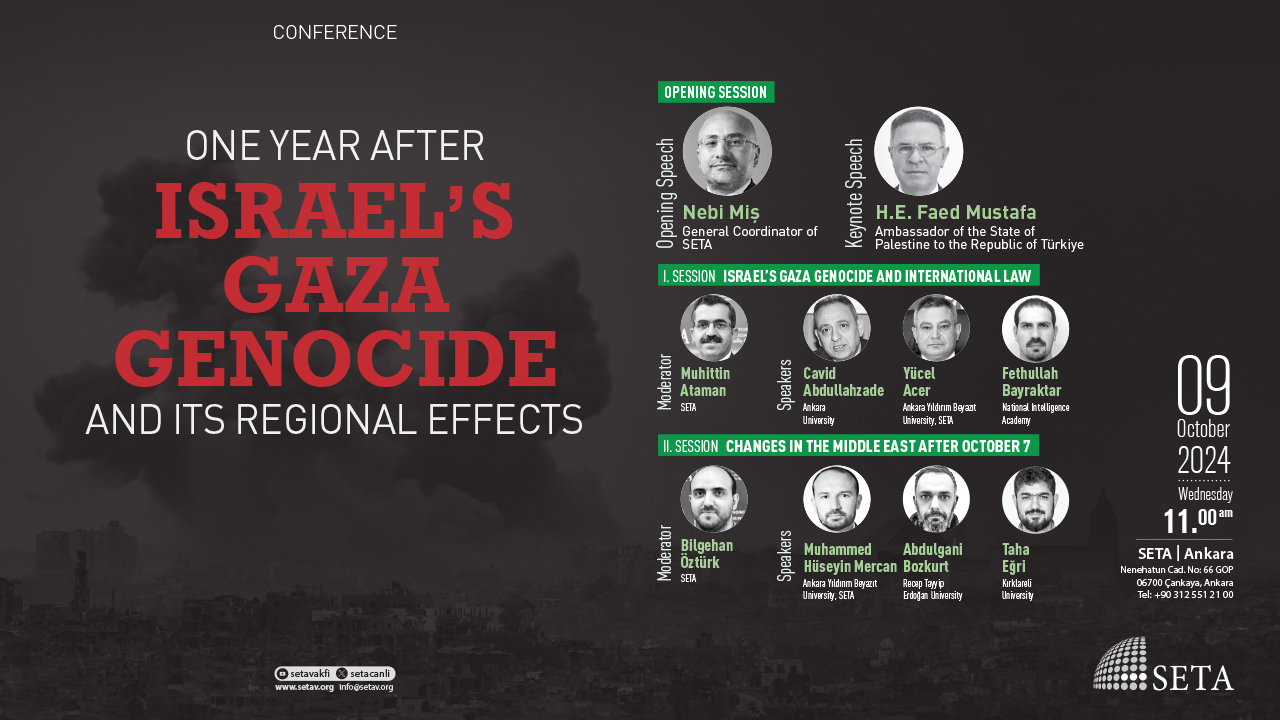The transition from Cho Seung-Hui, the South Korean student responsible for the Virgina Tech massacre, to the graphic killings in Malatya was fast and furious. No matter how hard we try to disconnect the two, there is a disturbing link. While we think how such a massacre could take place at an American university, those in the West speculate about the Malatya killings.
,One report in the British newspaper Daily Telegram (April 23) asks if this is an omen for Turkey drifting into a militant nationalism. With the “Islamist” Justice and Development Party in power and its Foreign Minister Abdullah Gul set to become the next president of the country, will this lead Turkey to an Islamist regime and, in turn, to more “religious” violence? The Economist called the Virgina Tech massacre “America’s tragedy.” True, for the massacre is a tragedy before it is a horrible incident or an act of terrorism by a derailed mind. Why? Because it was in the making for decades. It is a tragedy because we do everything to make such graphic violence possible all over the world. Back in Turkey, we’re trying to figure out what to make of the Malatya killings. What should we call it? Turkey’s tragedy? Do we blame the missionaries for their arrogance and stupidity? Do we blame the nationalist leaders in Turkey for pushing youth to the edge? Do we look for the real culprits behind the scene? Is it local or international organizations or secret services trying to create chaos in Turkey? These might be the right questions to ask but it doesn’t change the fact that we’re still under the illusionary spell of the “innocence of distance.” Since we think we’re not directly involved in any of these killings, all we can do is explain away what happened and continue with our lives. We feel safe in our imaginary spaces because these horrible killings are by some other people, not us. The dividing line between us and them gives us a false sense of comfort. Between the Virgina Tech massacre and Malatya killings, however, there is a string of events that connect the “distant we” and the violence we abhor. We indulge in open and hidden violence so much that we hardly notice the culture of violence we help produce in our daily lives. Is it not ironic that the movie “300” is in theaters when these acts of violence make it to newspaper headlines? The movie is horrible from a historical and artistic point of view. Yet it resists negligence because the American movie industry is so powerful that we all feel helpless and talk about it anyway. You and I can afford to ignore it as stupid and tasteless, but we all know there are millions out there that will do exactly what is expected of them. At the end of the day, movies are movies and it is people, not guns, that kill people. It is our collective responsibility to stop this cycle of violence. When dozens of people die in Iraq every day, where is the outcry? Where is the will to call it a human tragedy? The details of a massacre in an American university are interesting and they are studied carefully. How about the deaths of thousands of people in Iraq? Why can’t we get specific about them? Why don’t we have their names, faces, families, stories? We don’t because it is distant violence for many, and we find comfort in turning our back to such details. But none of us are innocent. If you want to see a more intelligent movie, then watch “Crash,” a movie that shows why all of us have to resist the false sense of comfort and innocence that the modern media create through its mastery of “distancing.” We have to go beyond the simplistic attitude of “us versus them” to think about violence as something distant, out there but not related to us. We need to understand that there is a thin line between innocence and guilt at a time when the call of the day is militant, exclusivist and belligerent politics. It shouldn’t take such tragedies as the V








